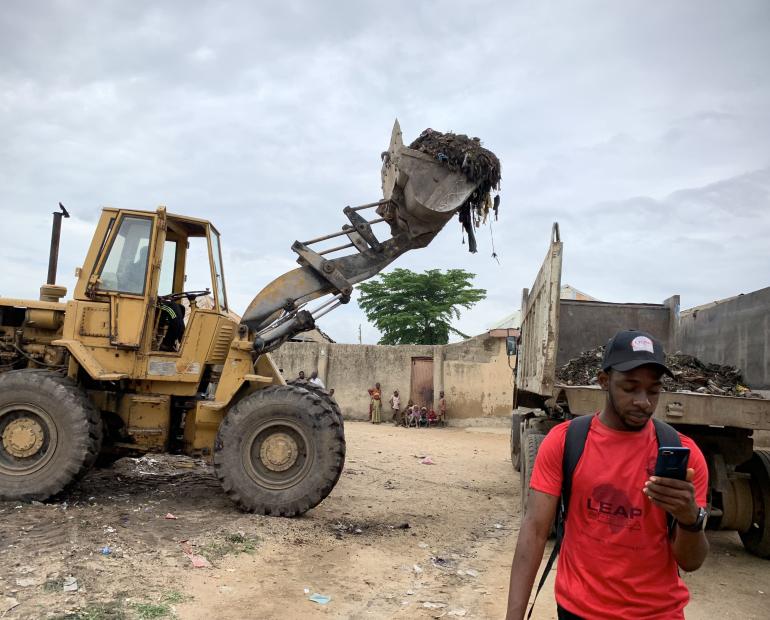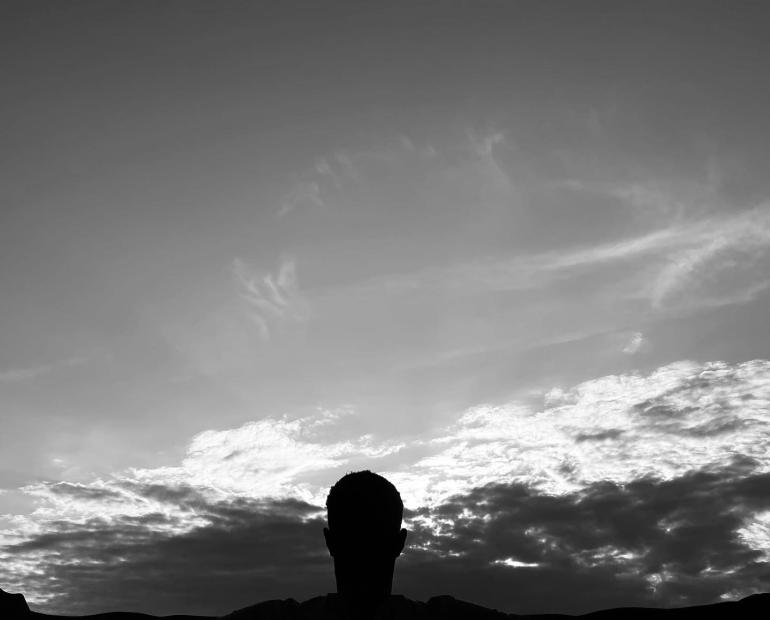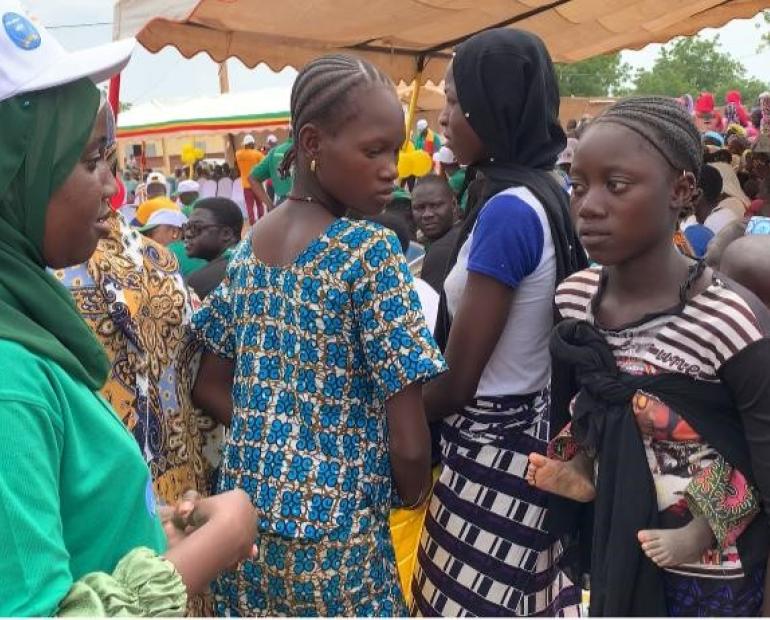
The American Psychological Association’s (APA) definition of climate anxiety as “a chronic fear of environmental doom”1.
I have fond memories of watching a documentary called "Our Planet," which showcased the breathtaking beauty of our planet and highlighted the incredible diversity of animals and plants. Sadly, all this beauty is now threatened by the impact of climate change. What concerns me when I see global news is the increasing occurrence of forest fires, which have resulted in the loss of numerous animal lives. I have also witnessed the effects of climate change in the city where I live. In the past, the marshes I used to visit were teeming with life, but now they are struggling due to drought and environmental disasters caused by climate change. The people who call this place home are anxious about their future because climate change has led to the loss of their animals, which they rely on as a primary source of food.
Climate change is not confined to marshes alone. As urban areas expand and the likelihood of severe heat waves increases, the population's exposure to heat stress is expected to rise in the future. Moreover, increased droughts and floods may elevate the risk of water contamination if water and sanitation infrastructure and services cannot cope. Additionally, sand and dust storms may contribute to respiratory problems. All these factors are projected to contribute to displacement and migration. A 2021 UNICEF report estimates that one billion children are at extremely high risk of the impacts of the climate crisis.
To mitigate the effects of climate change, I have implemented small actions that not only bring me personal satisfaction but can also be easily adopted by anyone. For example, I have started reducing my dependence on plastic products by replacing disposable plastic water bottles with reusable glass bottles. When I visit gardens or parks, I make a small effort to maintain the cleanliness of the area by picking up any litter and disposing of it in designated trash bins. These minor actions have had a significant impact on me and provided a sense of fulfillment. Greater measures can also be taken by raising awareness on social media and sharing ideas with friends and family about the importance of reducing the use of environmentally harmful materials and promoting the significance of afforestation.
Finally, it is time for us to acknowledge the reality that climate change is adversely affecting our planet, and ignoring its implications is no longer an option. We must take immediate action to mitigate its impact on the environment and work together to build a brighter tomorrow for future generations.
Mujtaba AlShawi is a UNICEF Iraq Youth Climate Advocate.




